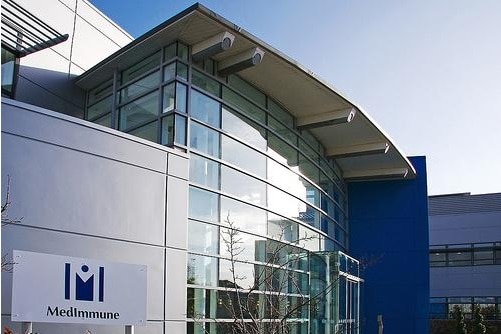
MedImmune and UCSF team up to research RAI treatments
pharmafile | January 13, 2016 | News story | Research and Development | MedImmune, Precision Medicine, University of California San Francisco, autoimmunity
AstraZeneca’s biologics R&D arm MedImmune and the University of California, San Francisco (UCSF) have announced a new research collaboration focused on the areas of respiratory, inflammation and autoimmunity.
Scientists from both organisations will partner to explore the disease biology and the core underlying mechanisms that drive areas of unmet medical need in these areas, such as the microbiome and regenerative medicine. The work will include extensive profiling of patient samples to expand understanding of disease progression; to identify novel biomarkers and understand the effect of these biomarkers on clinical trial outcomes.
June Lee, director of early translational research at UCSF, who is overseeing the partnership, comments: “This partnership brings together the complementary strengths of UCSF and MedImmune and will foster closer engagement between both groups. Ultimately, these collaborations will accelerate research to better understand diseases with limited treatment options, and will hopefully have significant impact.”
Leveraging MedImmune’s local presence in Mountain View, California, the partnership will include seven initial research projects over the next three years, with the potential for additional future projects. The initial research will focus on idiopathic pulmonary fibrosis (IPF), chronic obstructive pulmonary disease (COPD), scleroderma, sarcoidosis, severe asthma and inflammatory bowel disease (IBD).
“We look forward to extending our existing partnership with world-renowned scientists at UCSF, an institution committed to advancing translational research,” says Dr Bing Yao, senior vice president and head of MedImmune’s respiratory, inflammation and autoimmunity innovative medicines unit. “Combined with MedImmune’s innovative, cutting-edge science in respiratory, inflammation and autoimmunity as well as translational medicine, we are optimistic our collective findings will benefit the patients who are most in need.”
There are significant gaps in the understanding of how these diseases progress and which patient subgroups might benefit more from existing or in-development treatments. There is also evidence that these diseases are becoming increasingly common, resulting in an even greater impact on health.
MedImmune and UCSF believe the new research program will lay the groundwork for ongoing drug the discovery and development of new medicines RAI disorders- where there is a significant unmet need – and that developing techniques to quantify the impact of predictive biomarkers on clinical outcomes data will help further advance the ultimate aim of precision medicine in these disease areas.
Joel Levy
Related Content

Breakthrough announced in circulating tumour cell research
Liquid biopsy company, Angle, has announced results from their study in non-small cell lung cancer …

University of Glasgow research details promising precision medicine approach in pancreatic cancer
Researchers at the University of Glasgow have unveiled a new precision medicine approach to identify …

Collaborating to realise the potential of precision medicine
Healthcare is an evolving continuum, and while traditional strategies have seen improvements to patient outcomes …








